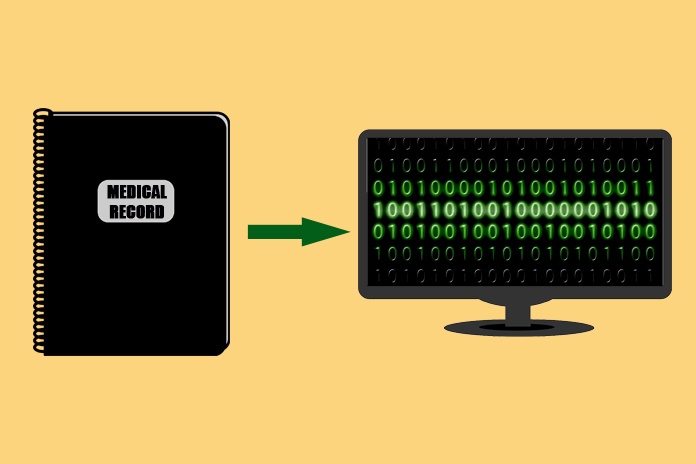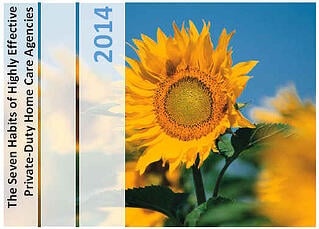Technology has altered our current landscape in many ways, and the field of health care is no exception. In fact, in a recent survey, a full 90 percent of physicians claimed to be using electronic health records (EHR) to store their patient information. Moreover, a corresponding percentage of hospitals now link to the technology, meaning that the old paper-record system is on the brink of obsolescence. Here’s a look at how the new strides in EHR technology is changing the world of healthcare, and what the changes mean.

Time Saved Equals Time Well Spent
According to AthenaHealth, physicians who use EHR are able to better streamline their patient visits, spending 11 percent less time taking notes and consulting records. Since the system provides fast and accurate information regarding an individual’s medical history, the physician need not spend a lot of time sifting through test results and other details that might not be immediately obvious. This allows more face-to-face time with the patient, who came to speak with a professional, not a screen. Since patient care should always be the first concern of a primary care provider, the advanced technology is a boon for both patient and physician. Nurses, too, have reported that the advent of EHR has helped them to provide better, more personalized care. For this reason, it’s important that basic computer literacy should be included in a nurse’s training program or msn program.
Advanced Patient Participation
With EHR, patients are allowed easy access to their own medical records. This makes it far easier for them to make informed decisions regarding their health, and to discuss all of their options with family members. This is particularly important for those who suffer from chronic conditions, such as diabetes or asthma; the system can help them track their symptoms so they’re better able to manage their disease. The advent of e-mail has also meant a marked improvement in doctor-patient relations, with patients able to send instant messages to their physicians with any questions or concerns they might have.
Improved Patient Outcomes
While it might seem strange to contemplate the idea of machinery having a positive effect on a patient’s chances of survival, the facts are plain. With EHR, the system can automatically send up a “red flag” should a physician inadvertently prescribe a conflicting medication, thereby preventing the risk of complication. Similarly, if an unresponsive patient is admitted to the emergency room, the system will alert the attending physician of any serious allergies. This reduction of medical error means a better outlook for the patient. During ongoing treatments, EHR can work hand in hand with care transition solutions like those offered by Ankota to reduce hospital readmissions and maintain patient recovery plans. Doctors can also use Ankota software to help them deliver home care, home health therapy, and keep in contact with patients. Without electronic health records and modern software solutions, many patients might see their health decline, costs go up, and risk readmission to the hospital.
Ankota solutions like Foresight Care™ can help in the post-acute world. Foresight Care remote patient monitoring, serves to alert agencies when a patient condition declines providing an opportunity to intervene and prevent a readmission.
As the century progresses, the world of EHR technology and supportive technologies will progress further and faster. It is vital that all medical professionals, across the continuum of care, stay aware and abreast of these changes.---
Ankota provides software to improve the delivery of care outside the hospital, focusing on efficiency and care coordination. Ankota's primary focus is on Care Transitions for Readmission avoidance and on management of Private Duty non-medical home care. To learn more, please visit www.ankota.com or contact us.





Your Comments :